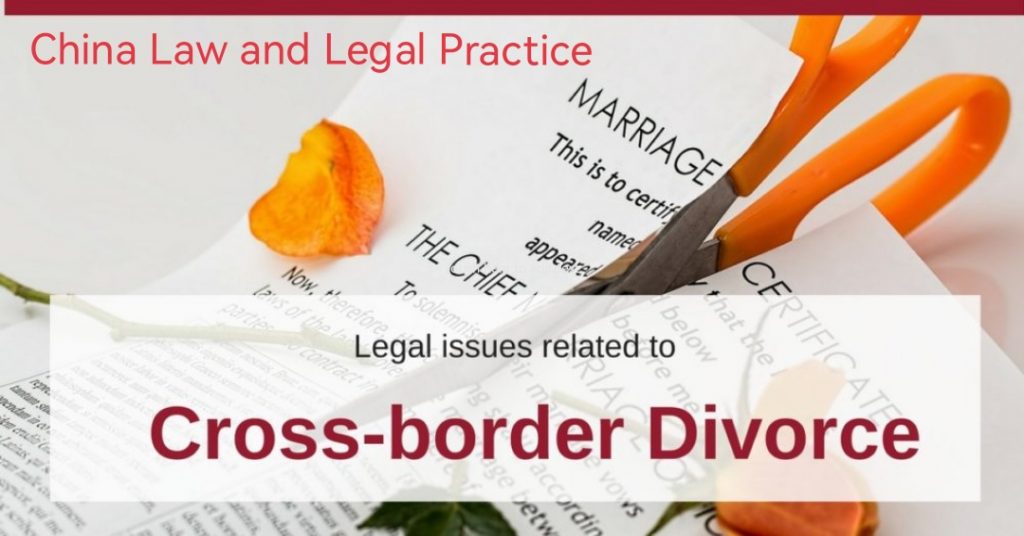A recent interesting case has sparked interests in China’s rich with regard to their family business continuation and inheritance.
A rich couple in China Jiangsu province was sued by their son to nullify a share transfer which was carried out by his parents without his knowledge in order to force the son to take up the family business to carry it on. Unfortunately enough, the young son has no passion for business but for music only. Upon finding out the schemed transfer, the son sued to restore the shares back to his parents.
According to the report on China Family Business Succession published in 2015, only 40% of children of those rich families expressed clear willingness to succeed to the family business, and 15% made it clear that they don’t want to carry on their family business, and another 45% was not sure about it. Apparently there are quite a lot of problems with regard to family business succession in China.
A good example is the Fuyao automotive glass company, probably the biggest automotive glass company in the world. The current boss, Cao Dewang has yet to convince his son to take over the family business to carry it on.
So what can we do to help out?
Unfortunately, China does not have a culture of the kind of estate planning that is popular in the west, and many family business may simply fade and die out within three generations. There is no structure set up there to ensure the family business will be well managed and kept going forward.
The vacuum in China society has created gold opportunities for offshore estate planning agencies that have been vehemently promoting their estate planning services among China’s rich. They hold many private seminars to attract people including the rich and China professionals in an effort to get more people to understand what they are doing. Generally they promote offshore structure to help their clients in planing their estates and businesses.
In the meantime, recent years, we start seeing some lawyers engaged in providing this type of services to their clients. For example, at our law firm, Dentons Beijing and Shanghai, there have been a few seminars and conferences addressing family business succession issues in China that have proved to be appealing to many.
Despite China having its owner version of trust law, it has been narrowly employed by financial industry only with few people utilizing trust law and structure to plan their family businesses. There are basically two barriers in the way for trust-based estate planning in China:
- China Trust law is still too rough and way from being good for estate planning. For example, properties are the most important assets in today’s China. To entrust the property to a trustee, the settlor needs to transfer the title to the trustee, but legally speaking, once the title is transferred, the property now belongs to the trustee making him the real owner to the outside world (except to the settlor) due to the constructive notice effect of title registration in China.
- One of the big barriers is taxation which has no special rules catering to trust-related businesses, making it very financially burdensome to make trust arrangements.
So there will be a lot of work to be done before China’s rich can really rely on Chinese laws to do their estate planning and family business succession plans.







Comments